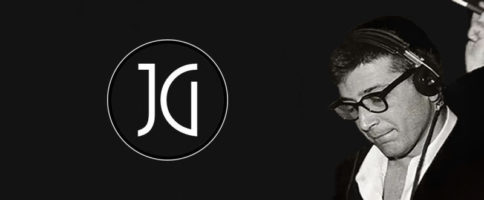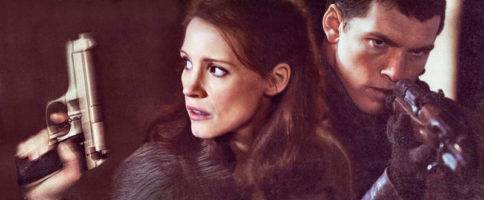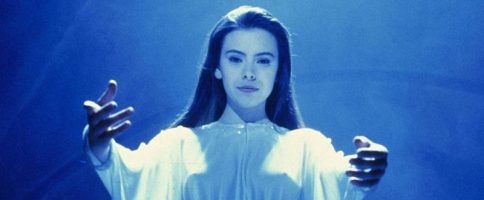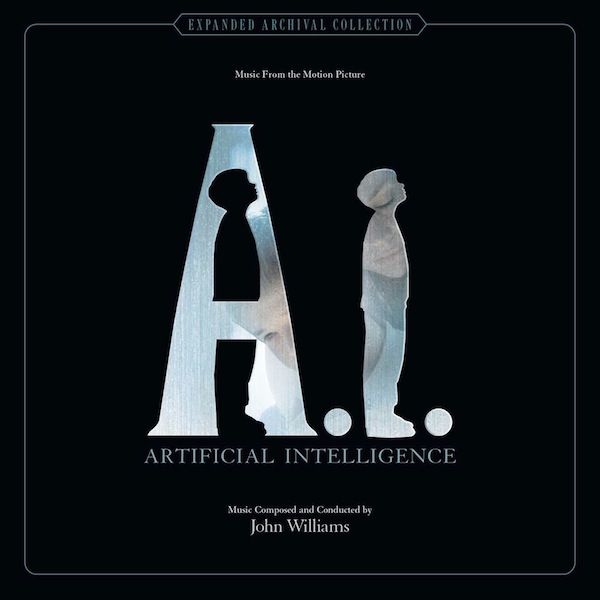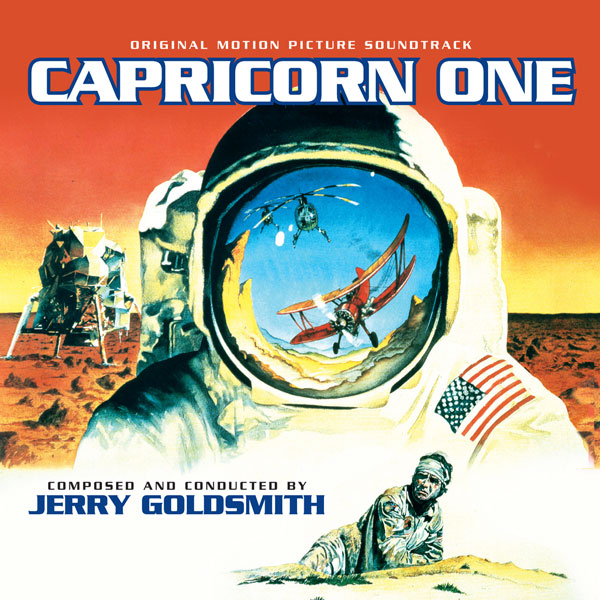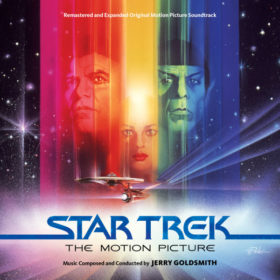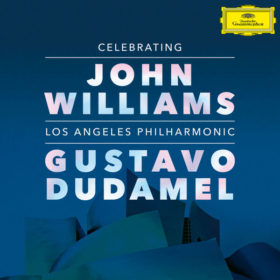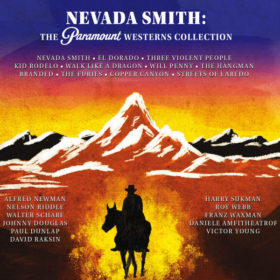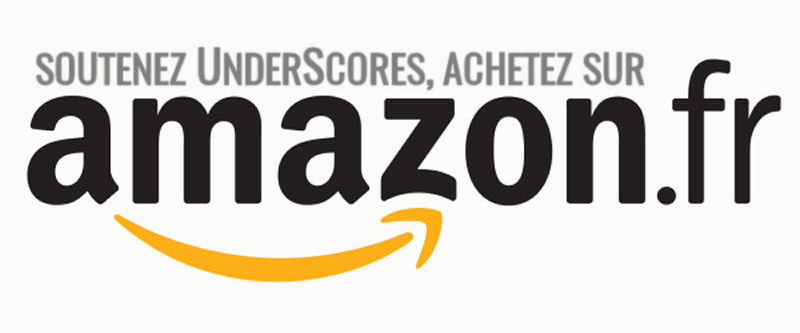David Newman is the son of the legendary Hollywood composer Alfred Newman, brother of film composer Thomas Newman, and cousin of the famous singer, songwriter and film composer Randy Newman. During his 25 years career, he has scored over 100 films, ranging from War Of The Roses, Matilda, Bowfinger, Operation Dumbo Drop, Galaxy Quest and The Phantom up to more recent films such as The Spirit and Serenity. Newman’s music brought to life dramas such as Brokedown Palace and Hoffa, comedies like Norbit, The Nutty Professor, The Flintstones and Throw Mama From The Train, as well as animated films like Ice Age, The Brave Little Toaster, Anastasia, Animals United and recently Tarzan.
He has been honored with numerous awards by motion picture and classical music industries, received an Oscar nomination for the animated film Anastasia, and was the first composer to have his composition, 1001 Nights, performed within the Los Angeles Philharmonic’s « Filmharmonic » Series. Newman is also a highly sought-after conductor, appearing in both the film and classical repertory with leading symphony orchestras throughout the world. He also established a long-term cooperation with the Los Angeles Philharmonic Orchestra, performs regular subscription concerts in the Walt Disney Concert Hall and regularly conducts film music in the Hollywood Bowl where he performs the annual « Movie Night ».
In addition, Newman is also an active composer for the concert hall and is dedicated to restoring film music classics for the concert stage. In 1987, he was elected music director of Robert Redford’s Sundance Institute, where he created the Sundance Film Music Preservation Program. As a tribute to his work in the preservation of film music, he was elected President of the International Film Music Society in 2007. Because of his passion for the next generation of musicians, Newman also serves as Board President of the American Youth Symphony. After completing a successful « Jerry Goldsmith Project », he recently began working on a three-year « Danny Elfman Project ». Since 2012, Newman also serves as Governor of the Academy of Motion Picture Arts and Sciences.
You’ve been a violinist in movie orchestras. Was it a useful experience?
Yes. I studied violin traditionally, like everyone. I started when I was seven years old, I played in youth orchestras, community orchestras, and I went to college, to learn the violin, and to get a degree in violin performance. And then, a lot of us started working in the studios, and I played on films like John Williams’ E.T., 1941, Jerry Goldsmith’s Star Trek, lots of iconic films. I would sit myself down, and whenever I could go into the recording booth, whatever was happening, I was listening. I did lots and lots of work for about 10 years, and I did learn a lot.
Why did you choose to become a film composer?
I resisted it. I didn’t start until I was 28 or 29. I just felt it was such detailed work, it wasn’t as interesting to me as conducting was. But of course, there’s a legacy in my family, and film music is a very alluring job. It’s a great job, for a myriad of reasons: you get your music played quickly, you can have any kind of orchestra you want, and it’s a movie! We lived in Los Angeles, and we would go every weekend to the movies: two movies on Friday night, maybe a movie on Saturday and Sunday, almost every week of the year. We were just in love with movies. So it was pretty much a natural fit for me. I started writing movie music, not writing anything else.
Having a big family legacy, was it sometimes a burden?
No. It’s not a burden for several reasons. One is that the styles of music change, and the style of composing now is so different than it was before that it’s not really an issue. And I view my father’s legacy almost as if it’s not a family legacy. I view it as an amazing American composer type of story. What he was able to accomplish, particularly the style and the quality, at the 20th Century Fox for those twenty years, from 1940’s to 1960’s that he worked there. I honour that, I think it’s an incredible achievement, so I feel almost the opposite of what you might think that it would feel like for me.
Did you ever try to collaborate with your brother Thomas?
Nobody collaborates. I know that Hans Zimmer and James Newton Howard collaborated on a couple of the Batman movies. Obviously, in the 40’s and 50’s, there were music departments, so there was in sense collaboration. But writing film music is a pretty solitary endeavour, and it’s also extremely competitive. Family or not family, it’s the nature of the thing itself. It’s just so hard to get the job, and it’s so hard to do, and so many people want to do it. So it’s pretty much solitary, you’re pretty much alone most of the day, writing.
You said that the film itself is the king, and music must help the king… Why the film, and not the director?
Look at it this way: there’s a director, there’s an art director, a director of photography, an editor, a sound editor, gaffers, people doing foley, and I could go on and on… Every one of these people wants their job to be the most important, including the director. But what happens when you work on a movie is that these people do their job, and they start cutting the scenes together, and all of the sudden, the movie is this thing, this movie. It’s not the director’s movie, not the art director’s movie, it’s not the composer’s movie. So you got a whole bunch of people that want their thing to be the most important, but ultimately, it’s not. It’s a collaboration of everyone. So you have to honour that. In film music, we talk about stuff that works for the movie. It’s not for you. It’s all about working for the movie. So even when you fight it, it doesn’t matter: the whole thing takes on a life of its own, and you’re just carried along with it. I must say it can be annoying, but for the most part, it’s exhilarating. It’s one of the most enjoyable parts of scoring a movie, just being part of this giant endeavour that seems almost impossible that anyone can do. That anyone can make a great movie seems almost impossible. And yet, great movies are made all the time.
What about your collaboration with Danny DeVito?
I’ve done five or six movies with Danny. He was the one that gave me my real break, early on in my career, with a movie called Throw Momma From The Train, which was the first real studio movie that I did. And the last one I did with him was Death To Smoochie, which I just adored. It wasn’t seen by many people. And I did Matilda with him, I love Matilda. It’s about a little girl, like a knight, a little knight trying to correct the life of adults with her magical powers. It was so much fun writing music for it, because it has that fantastical element, so you could do all this different kind of music.
Are you scoring his next movie?
I haven’t talked to him about it yet. We’re actually working an opera, Danny and I, a grand opera, a live staged thing, so we’ve been working on that on and off for a couple of years.
How did you get involved in the Jules Verne Festival?
Jean-Christophe Jeauffre came to one of the movie nights at the Hollywood Bowl that I do, a clip show, movies with live orchestra in sync, generally 7/8 minutes scenes. He contacted me and asked about doing the Jules Verne Festival, and I’m very much for this kind of music being performed live, because I think it works great. So, of course, I was happy to become involved.
Interview conducted in 2012 by OIivier Desbrosses.
Transcription: Olivier Desbrosses.
Thanks to Jean-Christophe Jeauffre & Frédérique Boyer.









